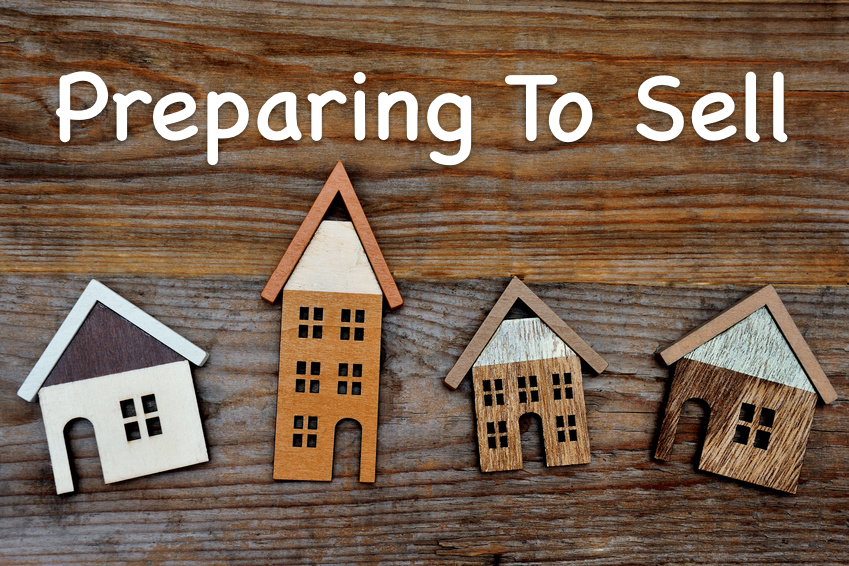You have decided that you want to purchase a property. Should you use a mortgage broker or just contact one of the big banks or perhaps deep dive into Google and do all the research yourself? Do you even know what a mortgage broker does?
A mortgage broker
The most important thing to know is that a mortgage broker is working to find you the best lender based on your circumstances and needs. It is their speciality to go through your facts and figures and come up with one or several options that suit you. A mortgage broker will generally come to you and spend an hour or more understanding your needs so they can advise you.
From here that will assess your borrowing power and determine the amount that you will be able to borrow and can afford to borrow. They will help you to fill out the paperwork and submit your application for approval – yes they do the paperwork for you!
As a general rule, on average most mortgage brokers are accredited with more than 30 of the best lenders.
A mortgage broker is paid by the lender so there should be out of pocket for you.
What are the benefits
- Saving you time and money
- Knowledge to find you the best deal currently available
- Management of the paperwork to gain your preapproval
- Peace of mind that they are looking after everything that is required
- A mortgage broker is independent which means there is no favouritism to one lender
- The broker is accredited with 20 to 40 or more lenders to choose from
What you should ask
- Are they accredited and registered ASIC
- Have a credit license
- Association memberships are a bonus
- Find out how many accreditations they have so you have more choices
- Ask your friends and family for recommendations of people they have used
- Some brokers do charge fees so ask first
- If they are members of the Mortgage & Finance Association they are required to disclose their commission from the lender
- How much information they need from you so you can be prepared when you meet.
When you are ready to buy a property ensuring your finances are in order is the first step. You can then confidently search for and buy your property. At Select Conveyancing, we work directly with your lender to ensure the settlement of the property on the day of settlement.






